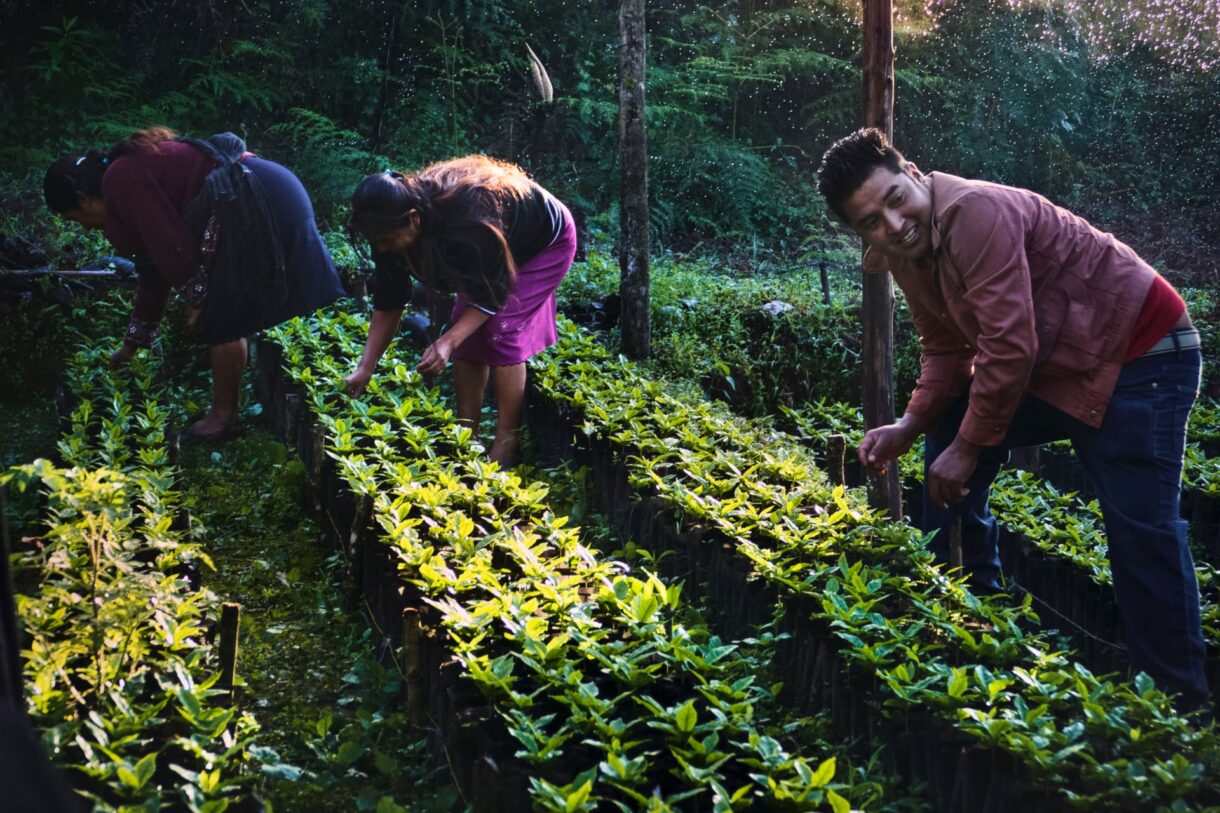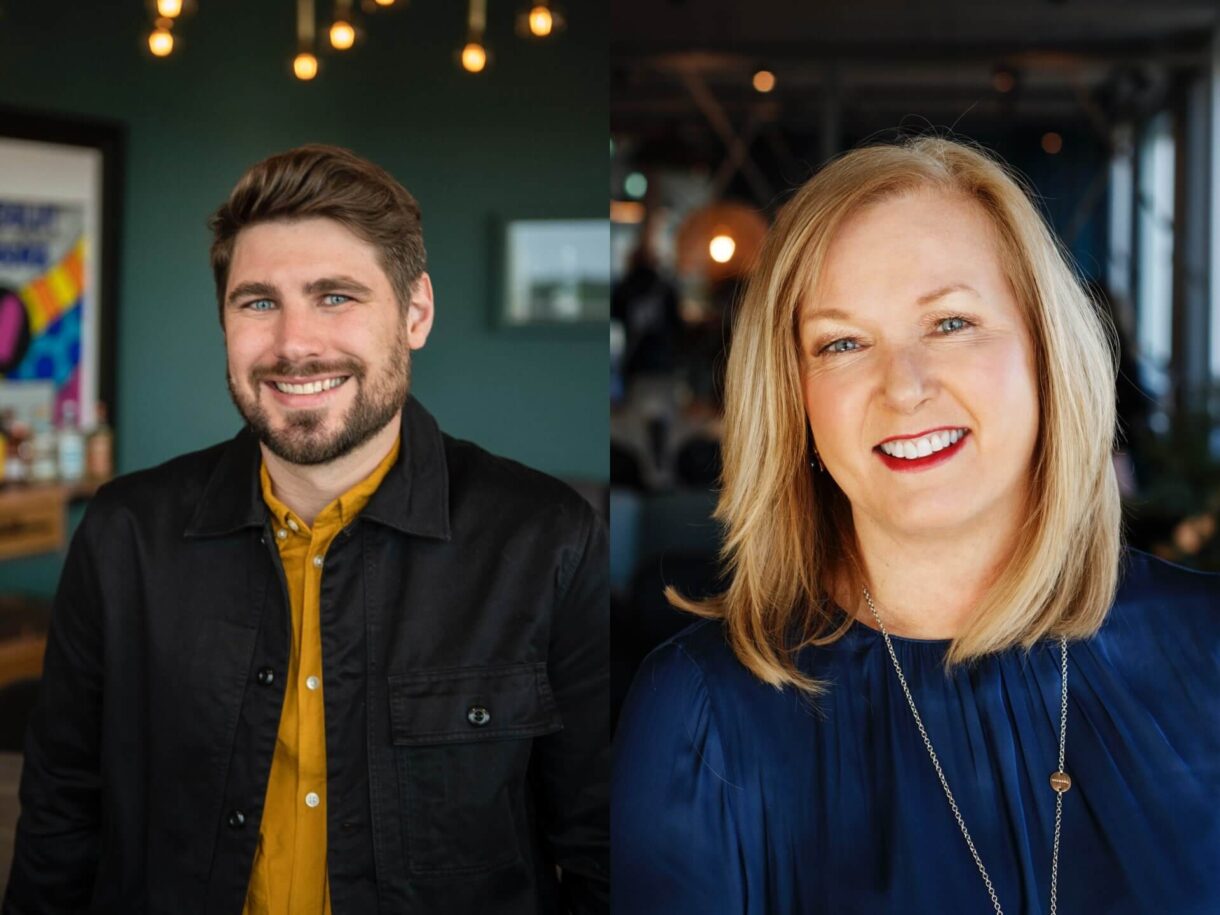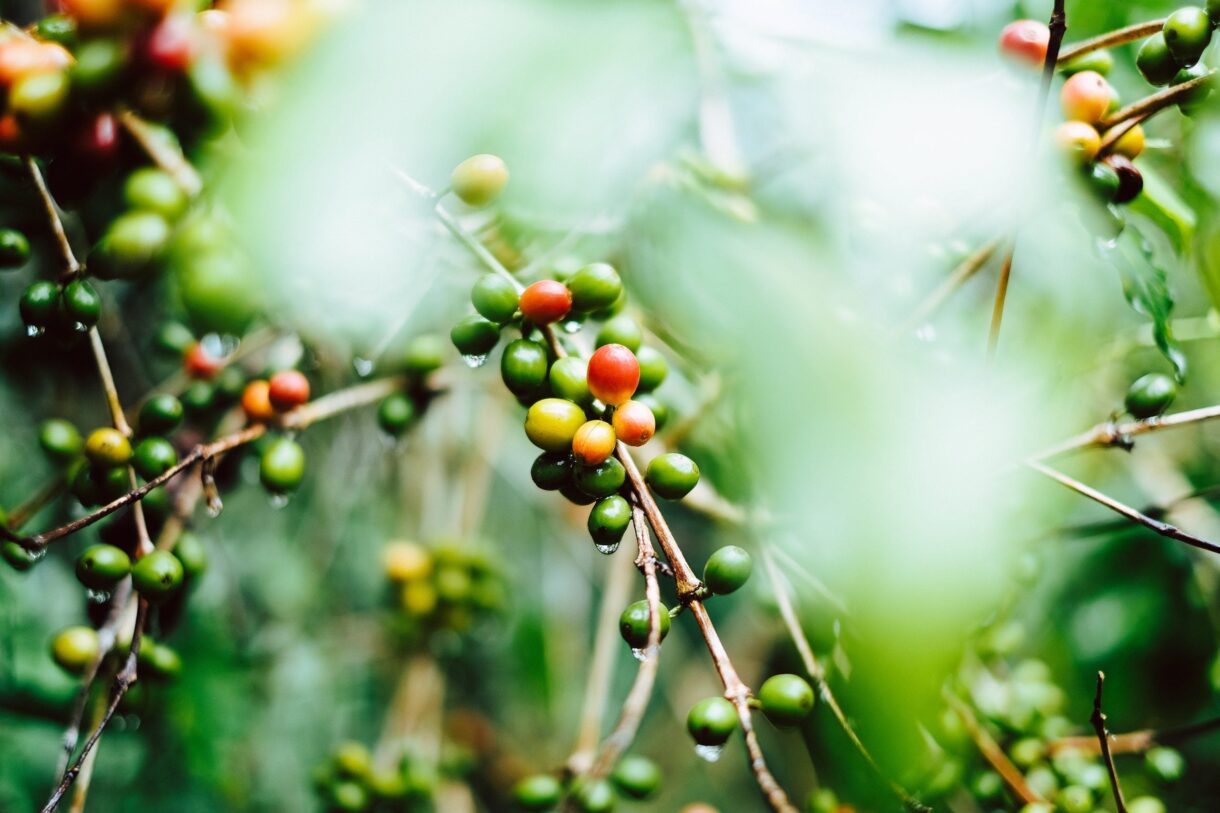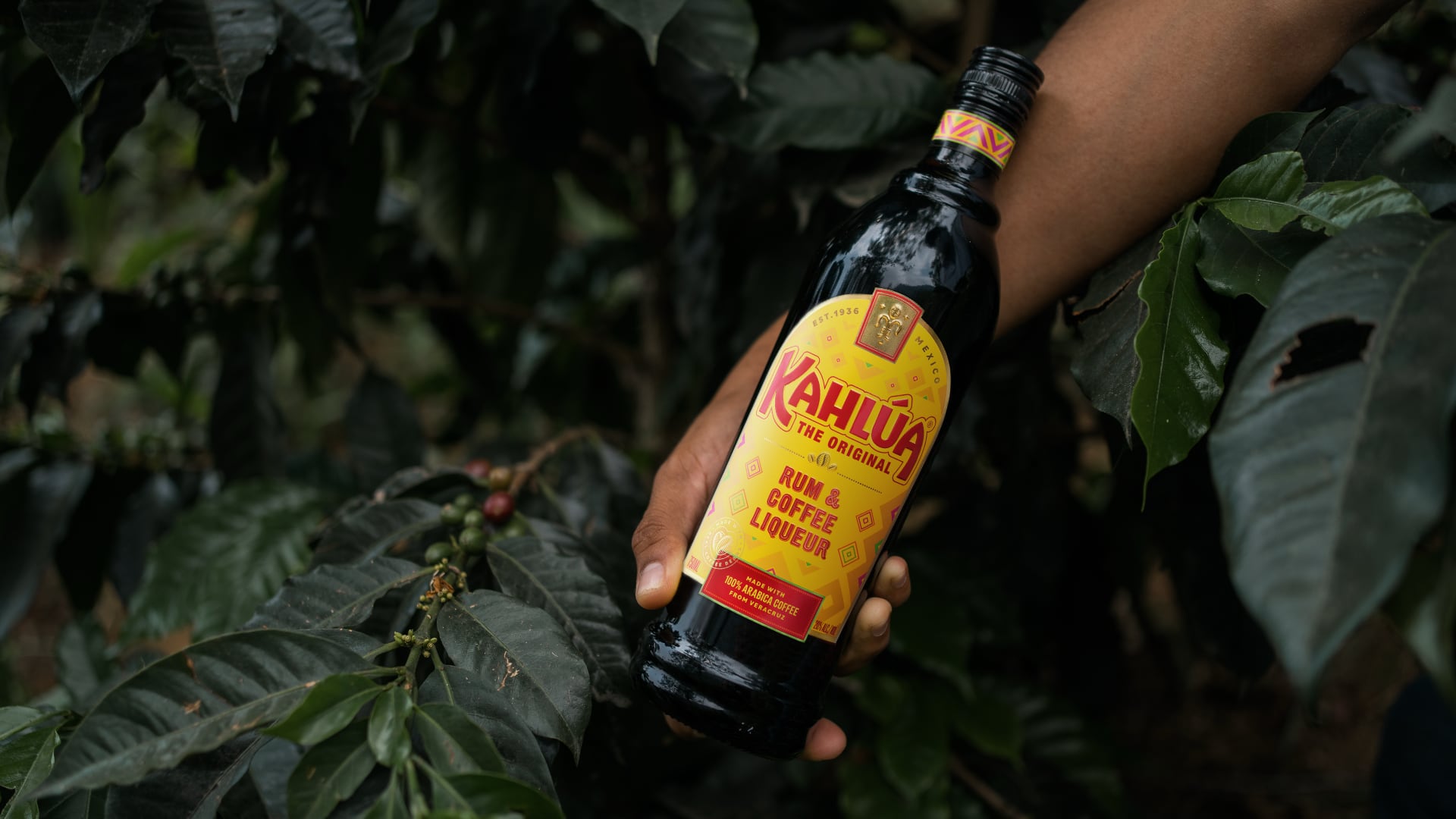
Coffee for Good project continues to make a difference
In 2016, Kahlúa made a commitment to invest in the coffee communities of Veracruz in Mexico to help improve the livelihoods of farmers. Working together with local NGO Fondo para la Paz, the Coffee for Good project has since helped hundreds of farmers introduce sustainable farming practices and provided access to fresh water and sanitation to eight villages – improving both living conditions and their livelihoods.
The initiative reached a significant milestone in 2022 when the supply of coffee beans harvested met Kahlúa’s total production demands. The project’s scope has expanded – more farmers and villages have been added along the way – and now, more than eight years on, it is a question of what’s next. “We’re at a pivotal point of the project with our work maturing. We started with one village, then four and now work with eight villages,” says Lynne Millar, Director of Purchasing, Kahlúa. “But it’s not necessarily about scale. The question we are asking ourselves now is whether we have done all that we can to help the eight villages to enrich their lives.”
Younger people are beginning to see that they can generate a good income source from coffee but they can also see how caring for the environment can be empowering.
Magali Jauregui
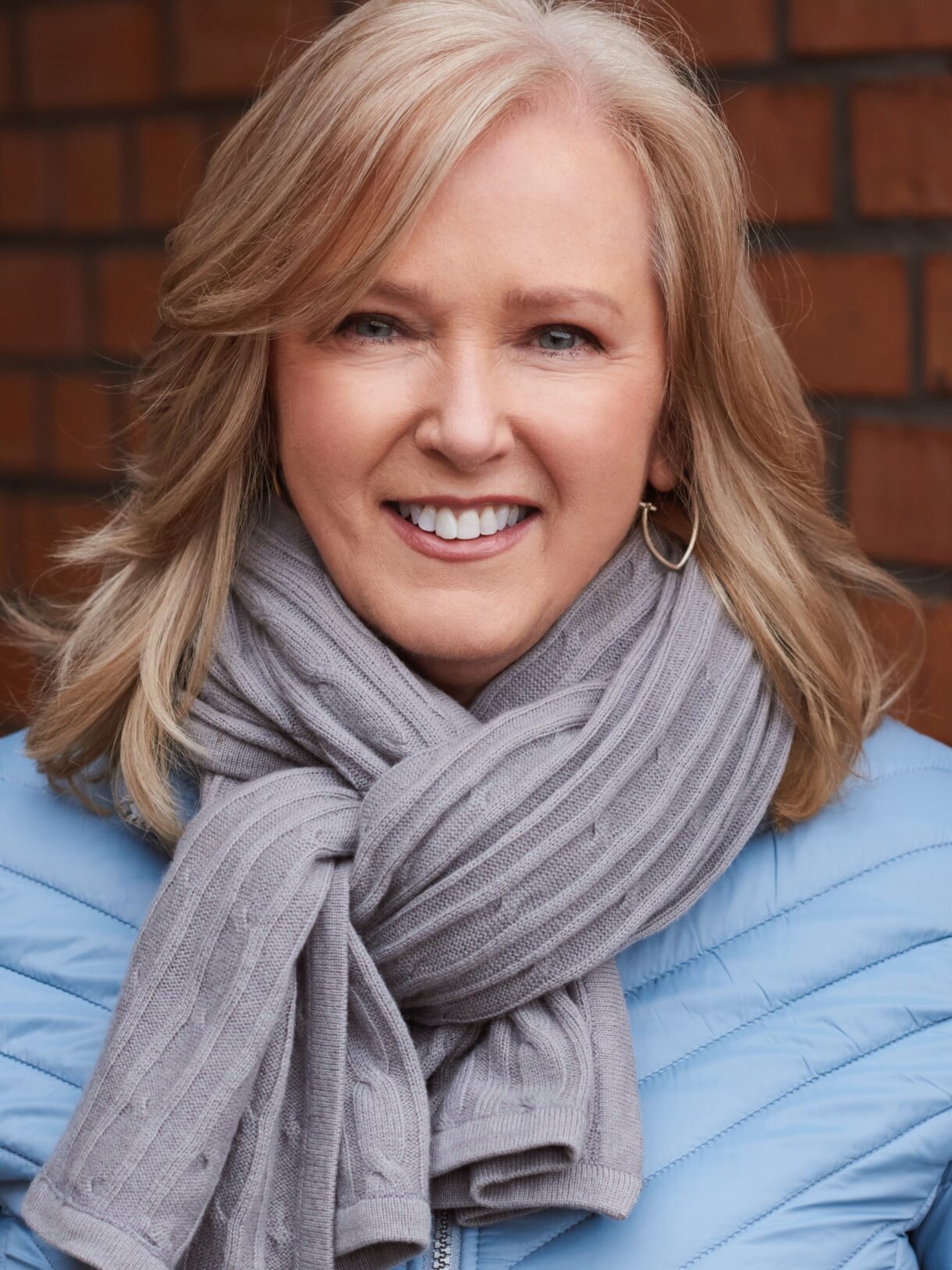
Regardless of whether more villages are added or not, learnings and insights are already reaching communities outside the project’s official scope. Fondo para la Paz uses Coffee for Good, as part of its long-term development programme for 21 communities across six regions, to show other farmers how they can sustainably produce coffee and improve the living conditions for their families. “We are a development agency and many of the communities around the eight villages are also coffee farmers,” says. “Magali Jauregui, Director General, Fondo para la Paz. “So, we spread the word on all the good practices we have taken for the programme.”
One of the initial goals of the project was to ensure that villages were not solely dependent on Kahlua for their coffee. Today, Kahlúa only buys around 50 per cent of the communities’ coffee harvest, rather than 100 per cent as it did a couple of years ago. This fall is not only the result of having more farms involved; it is also due to the sustainable and more effective farming practices that have been implemented successfully. “Farmers are producing more and they are now less dependent on us, which is great,” adds Lynne.
Other notable goals have been reached too. Since 2022, 100 per cent of the coffee used in Kahlúa has been sourced through the Coffee for Good project’s participating villages, where female empowerment has been transformational. While many “women were shy in coming forward” according to Lynne who has been with the project since day one, today more than 270 leadership positions have been held by women throughout the project. Yields have also improved amid rigorous replanting and improving soil quality – and so too has the price the farmers get for the coffee.
“When the project started farmers were picking coffee from plants 20 or even up to 30 years old. They weren’t motivated to change their methods because the price they sold their coffee for stayed the same regardless of how hard they worked. That isn’t the case now,” says Magali. “They have the incentive to farm differently because they can command a higher price, with prices having more than doubled in recent years.”
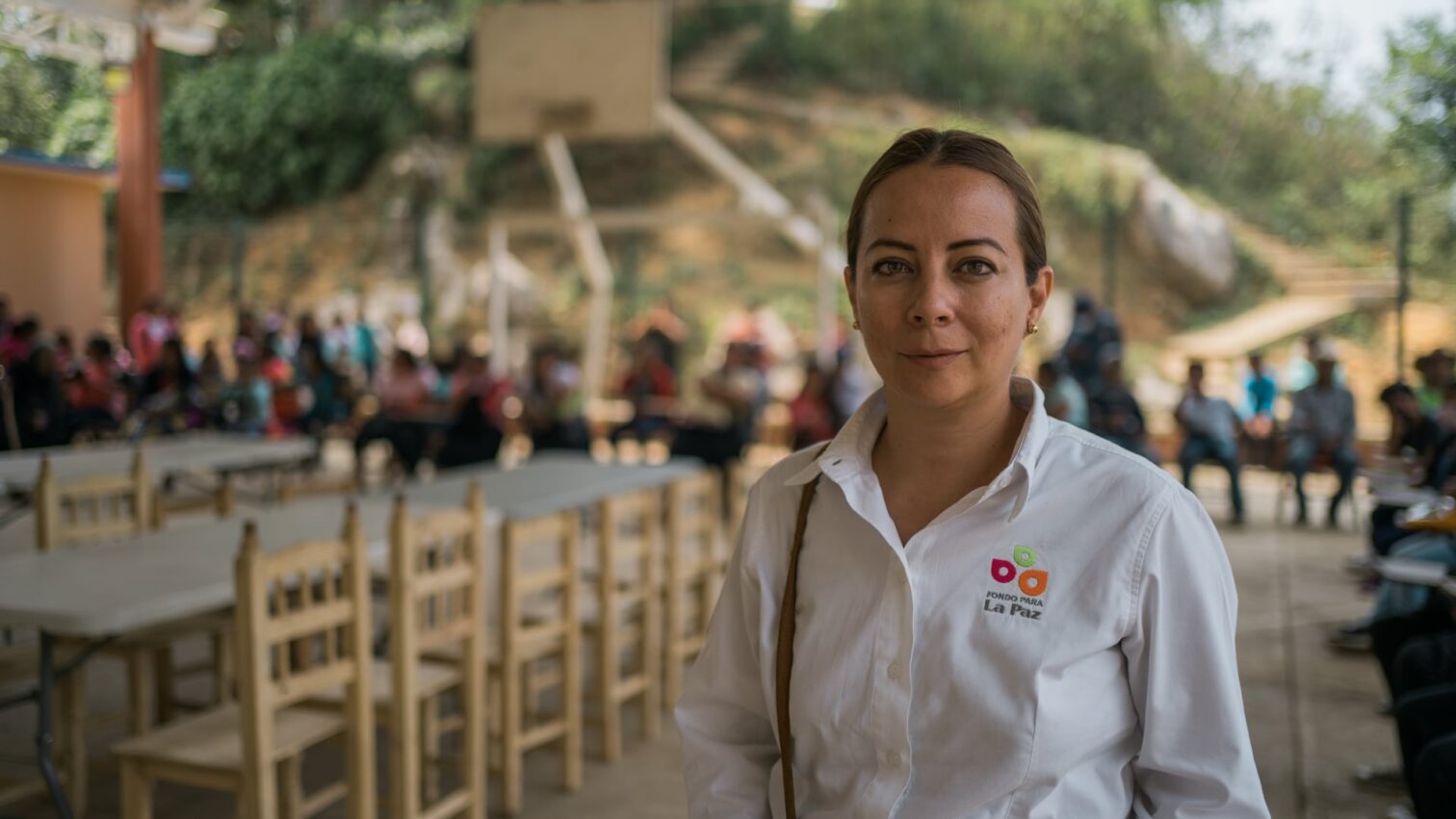
Focus on younger generations
The project has been an unequivocal success, in no small part due to the close bond between the Kahlúa team and Fondo Para La Paz, but there is work still to be done and challenges remain. As the project moves into its ninth year, a greater focus is turning towards the villages’ younger generations and encouraging them to stay and farm coffee, rather than move to the city to find work. The dial appears to be turning. “Younger people are beginning to see that they can generate a good income source from coffee but they can also see how caring for the environment can be empowering,” says Magali. “We are seeing more younger people deciding to stay.”
In 2023, the project ran its first youth forum to get feedback firsthand and there are plans to hold more. Far from wanting to go off and do something else, attendees were full of ideas on embracing technology to automate farming processes and improve yields, while several had entrepreneurial ideas such as making their sacks for the coffee. “The message we are trying to convey to younger people is that it is not just about going into the fields to harvest coffee; that there are ways to generate income,” says Lynne. “We have been supporting a young couple, Pedro and Marcelo, whose farm now supplies the coffee we use in our headquarters in Stockholm.”
The project has been an unequivocal success, due to the bond between the Kahlúa team and Fondo Para La Paz.
Lynne Millar
While progress is being made, the existential threat for coffee farmers in Veracruz remains climate change and the atypical changes in seasonal weather – harvests have moved by eight weeks in the eight years since the project began. “When we started, harvests used to be in September and they now begin in early December,” says Lynne. “The challenge will be how we protect more areas from climate change impact such as soil erosion. It is an area we are looking at because the forecasts on how much coffee production will fall over the next three decades are truly worrying.”
Pernod Ricard is aiming to source all of its key raw ingredients from regenerative agricultural practices by 2030. The wheels have been set in motion for Kahlúa as part of the Coffee for Good project with the Union for Ethical Biotrade (UEBT), carrying out assessments in late 2023. This is the first step in the process towards certification for Kahlúa but the Coffee for Good project offers a blueprint to the Group’s other brands in this quest. “Our project has been described within the group as the poster child for others to learn from. That is flattering but we hope that we can share our experiences with other Pernod Ricard brands so they can get to where they want to be faster,” adds Lynne.

440K
New coffee trees planted

251
Dry toilets built

227
Water tanks built

1,5K
Farmers trained in sustainable farming techniques

270
women in leadership

250
Young adults trained in sustainable farming techniques
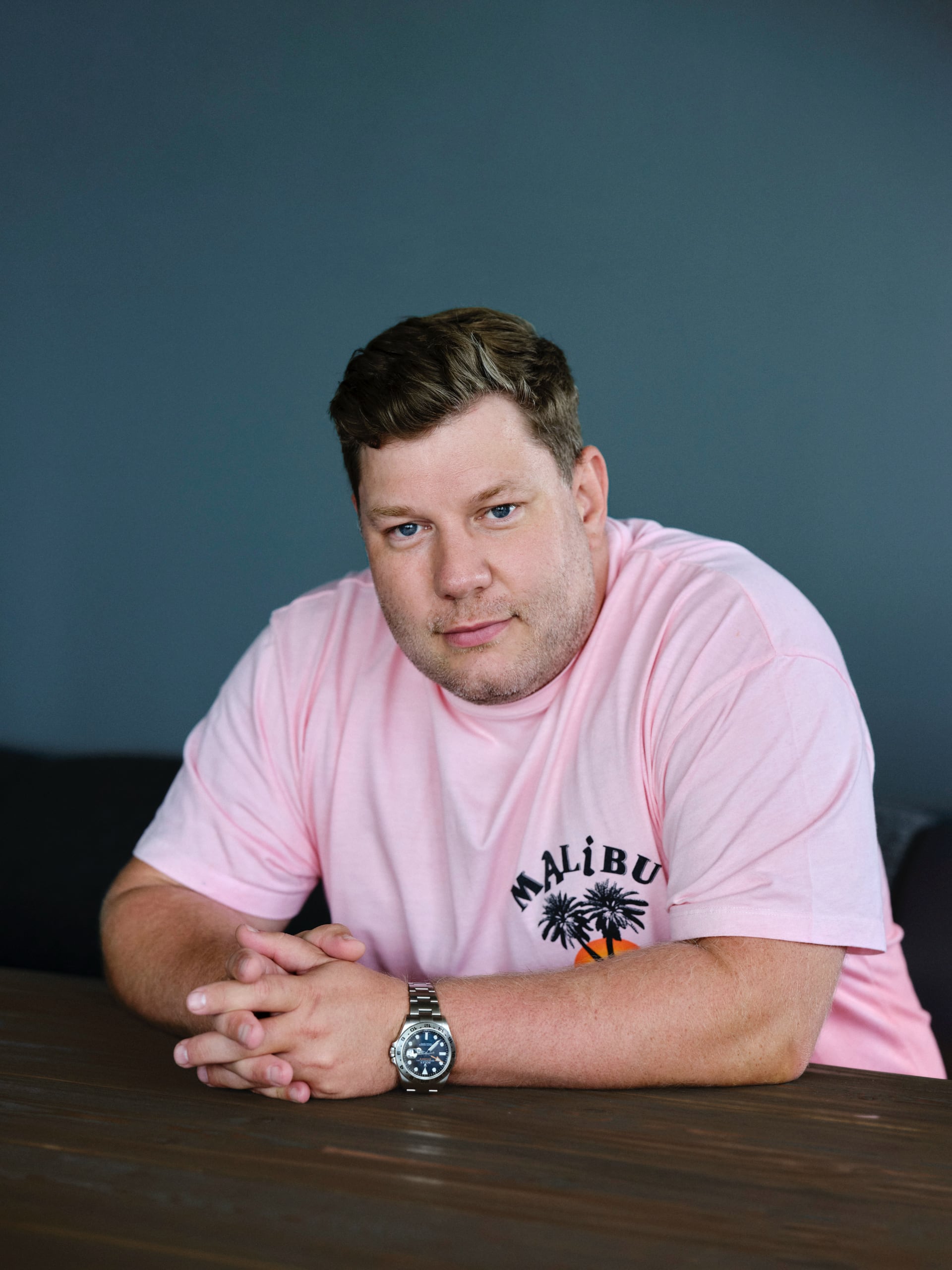
In the past, younger generations have been quick to migrate to Mexico City to seek work but through the Coffee for Good’s success, many people believe that there is a future in coffee farming after all.
Craig van Niekerk, Global VP Marketing, Malibu & Kahlua
